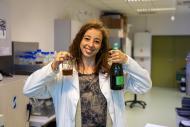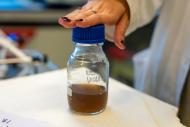People
From Prosecco to Bioplastics: An Italian Scientist's Journey to Sustainable Innovations
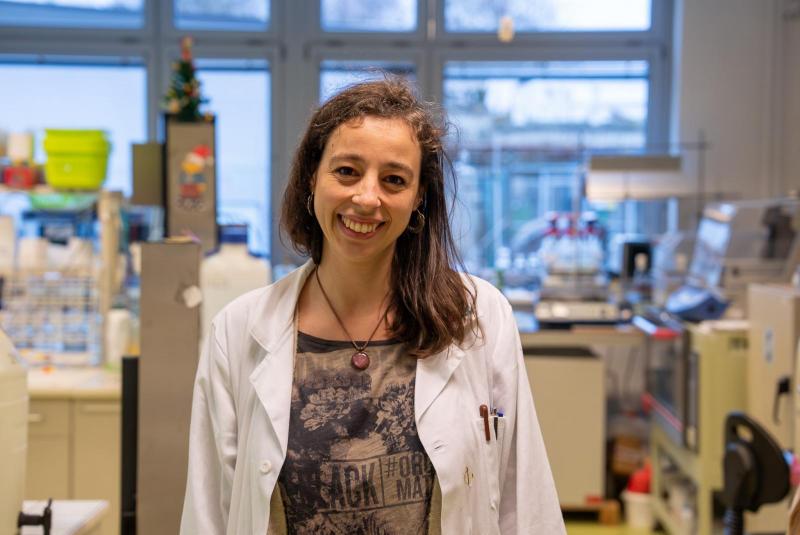
Meet Viola Caminiti, an inspiring environmental scientist working to turn waste into opportunity. Passionate about nature, Viola chose to study Environmental Sciences at Ca' Foscari University in Venice. She has made it her mission to rethink how we handle industrial by-products. Her doctoral research at the University of Padua focuses on utilizing agricultural and food industry waste, particularly from the production of the world-famous Prosecco wine. Using advanced biotechnology, Viola transforms these residues into biodegradable plastics, paving the way for a more sustainable future. Currently pursuing her Ph.D., Viola recently completed an internship at the Faculty of Chemistry at Brno University of Technology, under the guidance of Professor Stanislav Obruča from the Institute of Food Science and Biotechnology. In our interview, she shared insights about her journey, the challenges she has faced, and the lessons learned during her internship.
Could you start by telling us a little about yourself and what inspired you to pursue doctoral studies?
I studied Environmental Sciences at Ca' Foscari University in Venice. However, my Ph.D. is not strictly about biotechnology—it's a bit more complex. I am part of the EU-funded Next Generation doctoral program, which focuses on the circular economy. This program is unique, as it’s the first of its kind. There are three main fields of study, and my specialization is biomaterials and biorefineries.
My doctoral research focuses on valorizing waste from the agri-food industry, which is particularly relevant in Italy. Throughout the year, various wineries produce a significant amount of waste. My research is centered on the winemaking process, specifically Prosecco, a wine produced across a vast area in northeastern Italy, from the Veneto region to Friuli-Venezia Giulia. My goal is to use by-products from Prosecco production, such as wine lees—sediment-like materials that settle at the bottom of fermentation tanks—to create biodegradable polymers called polyhydroxyalkanoates. These are fascinating because they are naturally produced by bacteria, and I am proud to have achieved success in this area.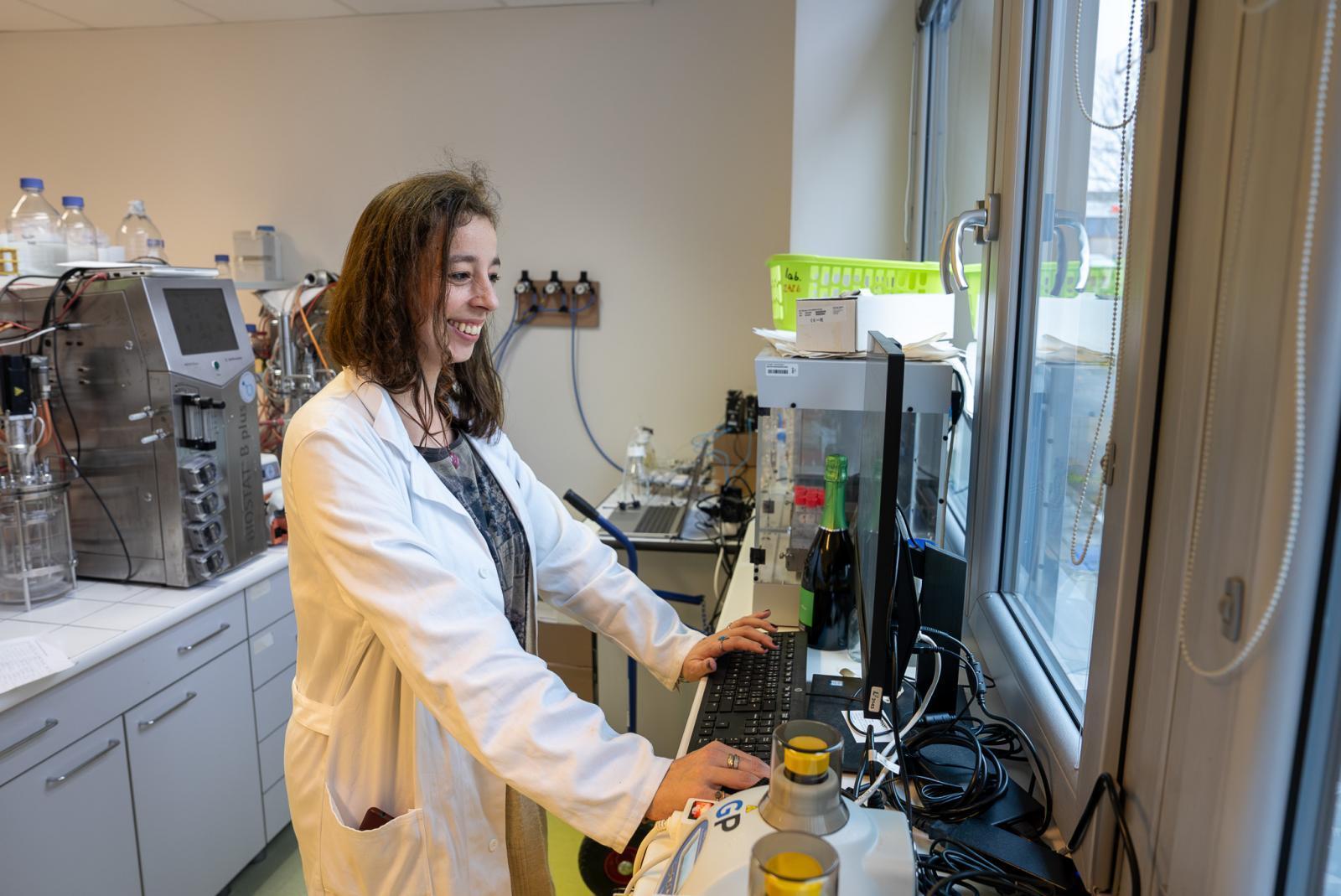
How did you learn about the internship opportunity at the Faculty of Chemistry at Brno University of Technology?
I connected with the faculty through my supervisor in Italy. The global scientific community working on these polymers is relatively small, so all research groups in this field are well-acquainted. My supervisor has a contact with Professor Obruča, which allowed us to organize the internship. I didn’t apply through any specific program—spending at least six months abroad is a mandatory part of my doctoral studies.
What was the focus of your research during the internship?
My work addressed the global plastic problem by exploring cost-effective methods to produce biodegradable plastics. These plastics, produced by bacteria, have potential applications in packaging, automotive industries, pharmaceuticals, and medical fields due to their biocompatibility. However, the high production costs pose a challenge. My goal was to use waste as a raw material to reduce costs. At my home university, I began evaluating the feasibility of this project, while at Brno University of Technology, I refined part of my work using thermophilic bacteria, which can thrive in extreme conditions, such as high temperatures.
What methods or equipment did you use in your research?
I employed a standard experimental design. The substrate came from my home country, while the bacteria were sourced from the collection maintained by my professor at FCH BUT. While the approach in Padua is more microbiological, at FCH BUT, it was more industrially oriented. It was fascinating to observe how the same topic can be approached so differently.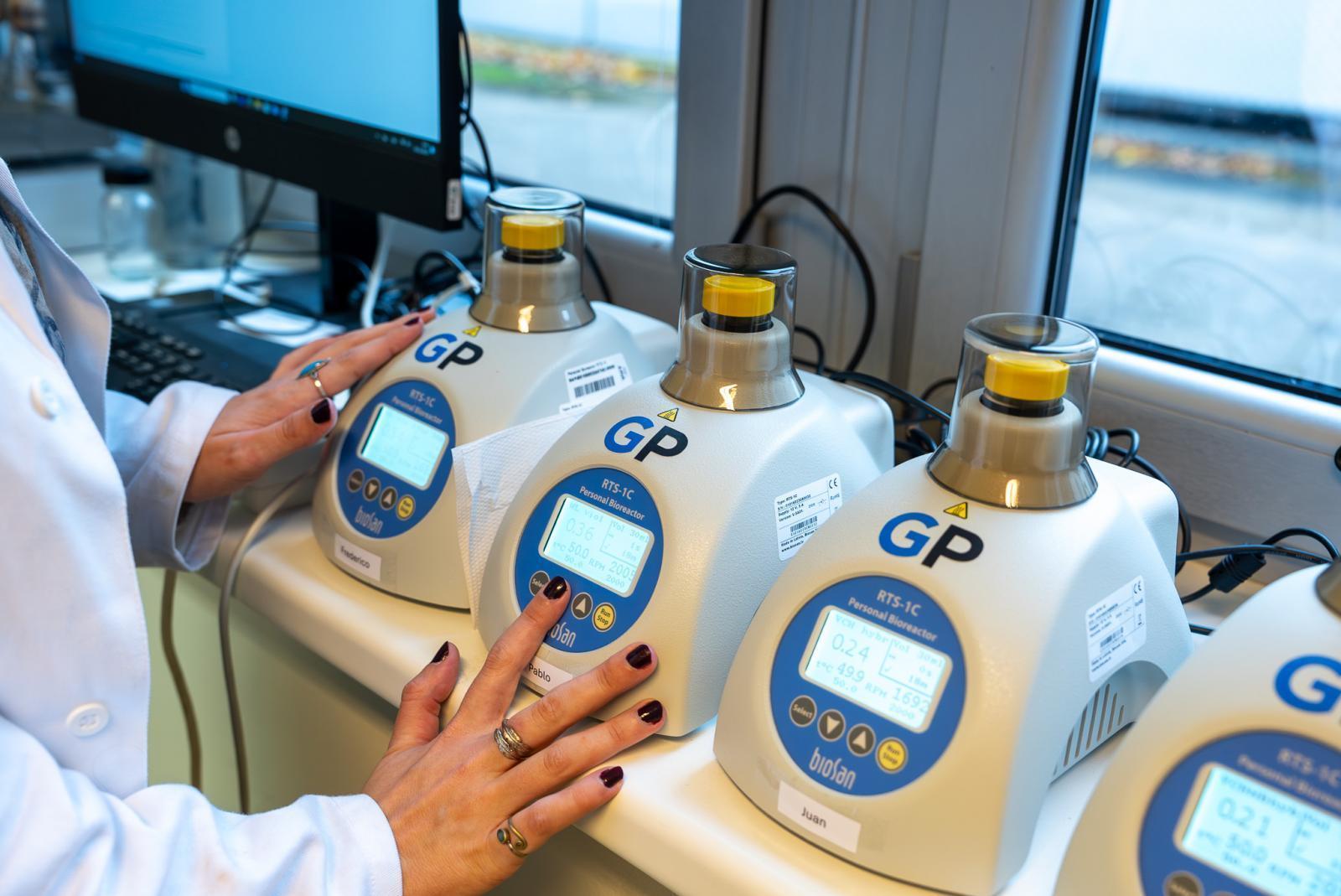
How did you enjoy collaborating with your Czech colleagues?
I was most impressed by their kindness. Whenever I faced an issue, whether it was related to research or something practical like navigating public transport, they were incredibly helpful and supportive.
What impression did Brno and Czech culture leave on you? Did you have any favorite places or experiences?
Brno pleasantly surprised me. I didn’t realize it was such a student city. It’s lively, and everything runs smoothly. One of my favorite spots was Špilberk Castle and its surrounding gardens. However, I had to adjust to the work culture—it’s very different from Italy. The workday starts earlier here, and meals are scheduled much earlier than I’m used to. Adapting to having lunch at 11 a.m. was quite an experience 😊.
Do you think this internship will benefit your career?
I hope so. International experience is highly valued in Italy, so I believe it will enhance my future career prospects. I also hope to stay in touch with Professor Obruča so we can collaborate on projects in the future.
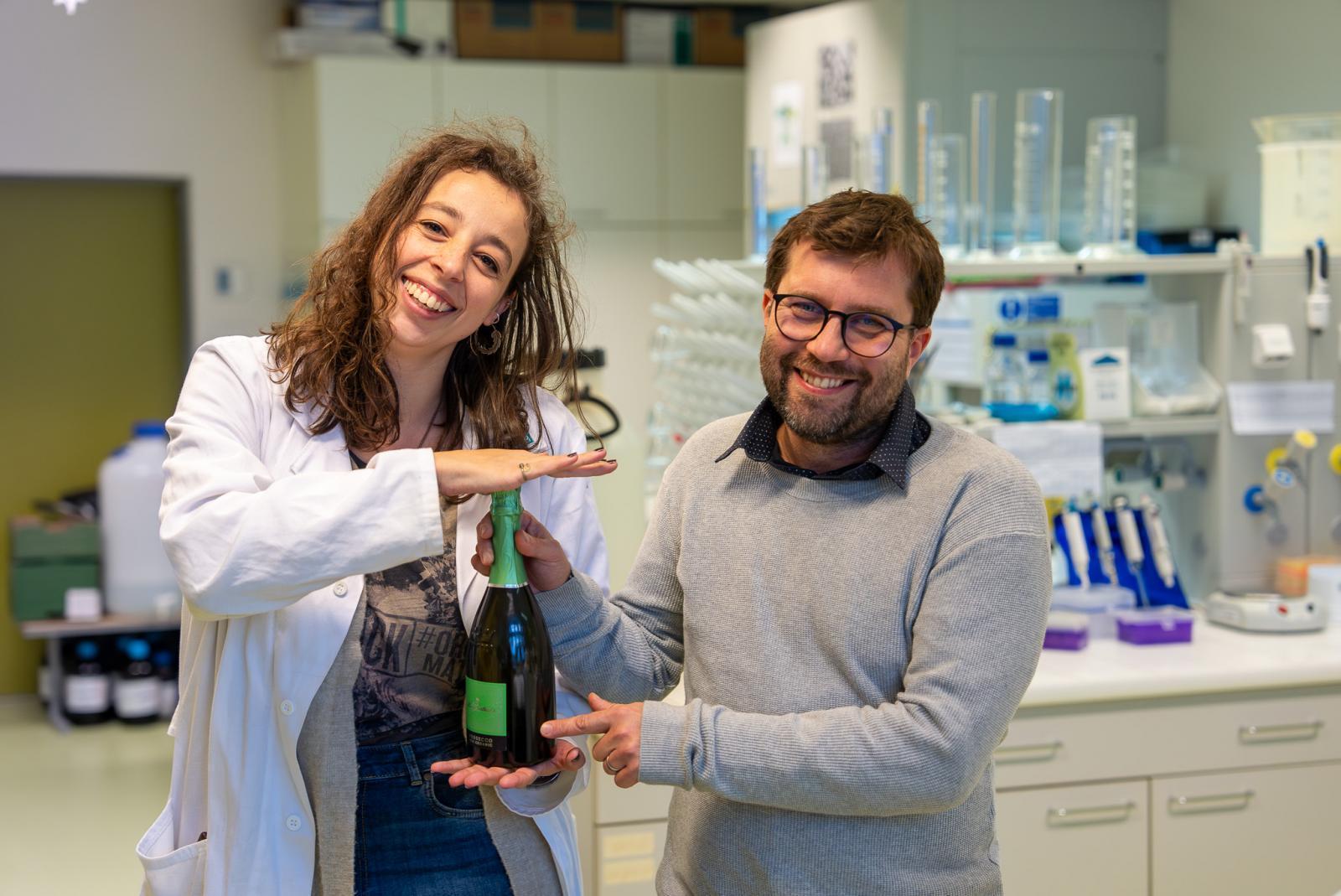
Do you have any advice for future students considering an internship at FCH BUT?
Be prepared for cultural differences, especially regarding working hours. I also think it would be great if there were more events for Erasmus students to socialize and connect.
Finally, what will you miss the most after returning home?
The independence that Ph.D. students have here—it's something I truly admire. The flexibility and lack of unnecessary stress contrast with the often rigid work culture in Italy.
Thank you for sharing your insights!
Source in Czech language: Faculty of chemistry BUT
Recycling solar panels? No yet existent. NEW technology from BUT offers a solution
Bold innovation in recycling: researcher Silvestr Figalla turns waste sludge into a valuable raw material
What do science and juggling have in common? Both require patience, says Vojtěch Jašek, who focuses on research in chemical recycling
„Plastics will always be here, we just need to treat them differently," says the chemist Adriána Kovalčík, who has learned to face challenges
PhD student Jiří Lindovský: I enjoy tackling the challenges of transferring experiments from the lab to practice
